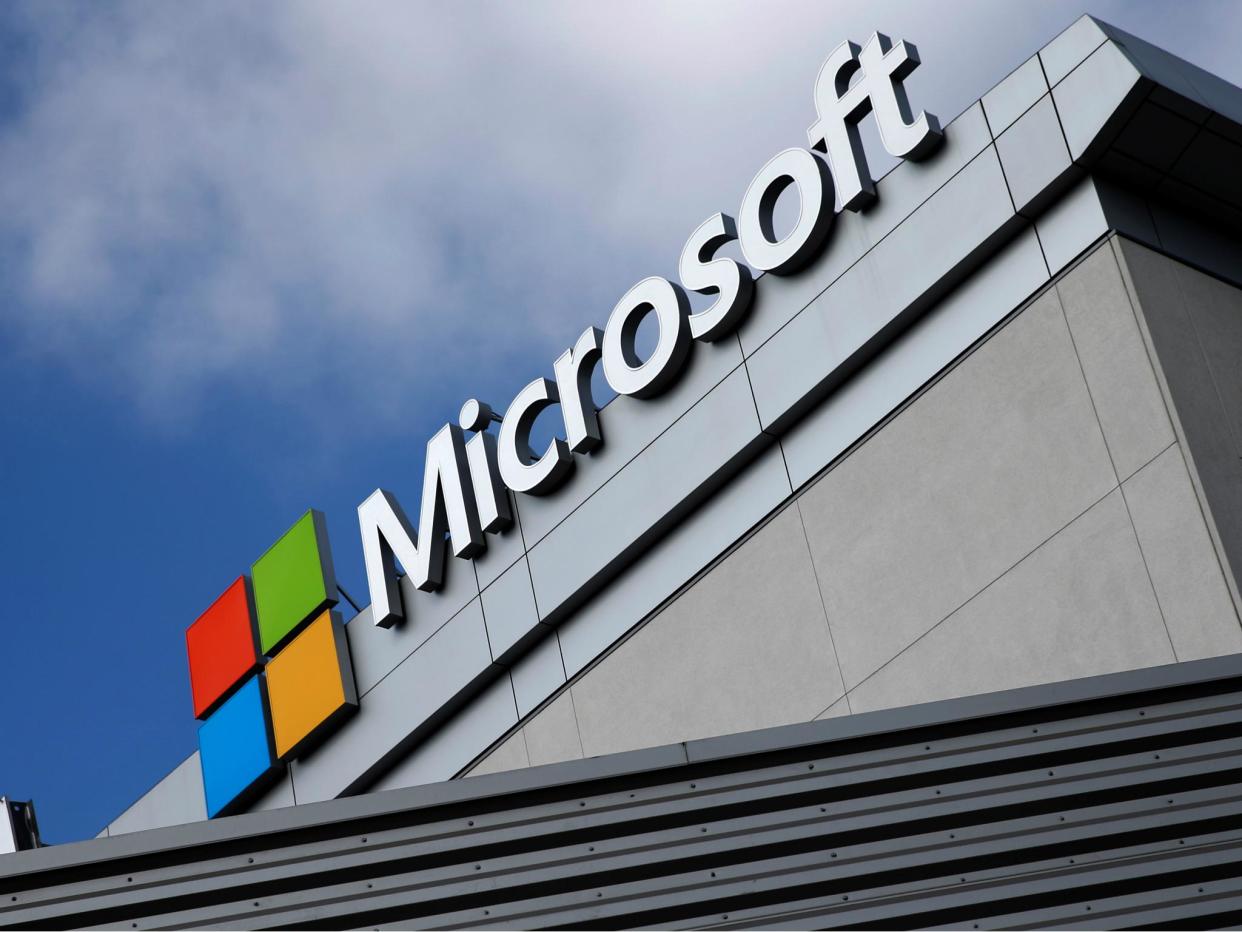Microsoft starts forcing Windows 7 and 8.1 users to update to Windows 10

Microsoft has started blocking Windows 7 and Windows 8.1 updates for computers running certain new chipsets.
The company announced plans last January to block next-generation Intel, AMD and Qualcomm processors from system updates on older versions of Windows, but didn't reveal when support would be cut.
The process appears to have just kicked off.
Social media users are reporting that Microsoft is now blocking access to Windows 7 and 8.1 updates on devices running Intel's Kaby Lake processor.
Instead of the normal download screen, users attempting to update their systems are facing an error message reading, “Your PC uses a processor that is designed for the latest version of Windows.
"Because the processor is not supported together with the Windows version that you are currently using, your system will miss important security updates."
Microsoft has tried to justify the move by saying that the processors offer new capabilities that makes compatibility with older systems difficult, but it's also being seen as yet another aggressive technique designed to migrate more customers to Windows 10.
Changes to Microsoft's policy have also created plenty of confusion.
Skylake processors were included in the original policy announcement, but Microsoft has back-pedalled now says that some devices running the chipset will continue to receive Windows 7 and 8.1 updates, while others won't.
Machines running Ryzen, Kaby Lake and other new processors will have to upgrade to Windows 10.
Microsoft has released a Windows lifecycle fact sheet to clarify the situation.
“Without Microsoft support, you will no longer receive security updates that can help protect your PC from harmful viruses, spyware, and other malicious software that can steal your personal information,” it reads.
In other words, users need to upgrade to Windows 10 or knowingly expose themselves to cybercriminals.
According to NetMarketShare, almost half of all computer users are still on Windows 7, which came out in 2009.
Earlier this month, Microsoft cut support for Window Vista, widely considered the worst version of the operating system ever made.

 Yahoo News
Yahoo News 
